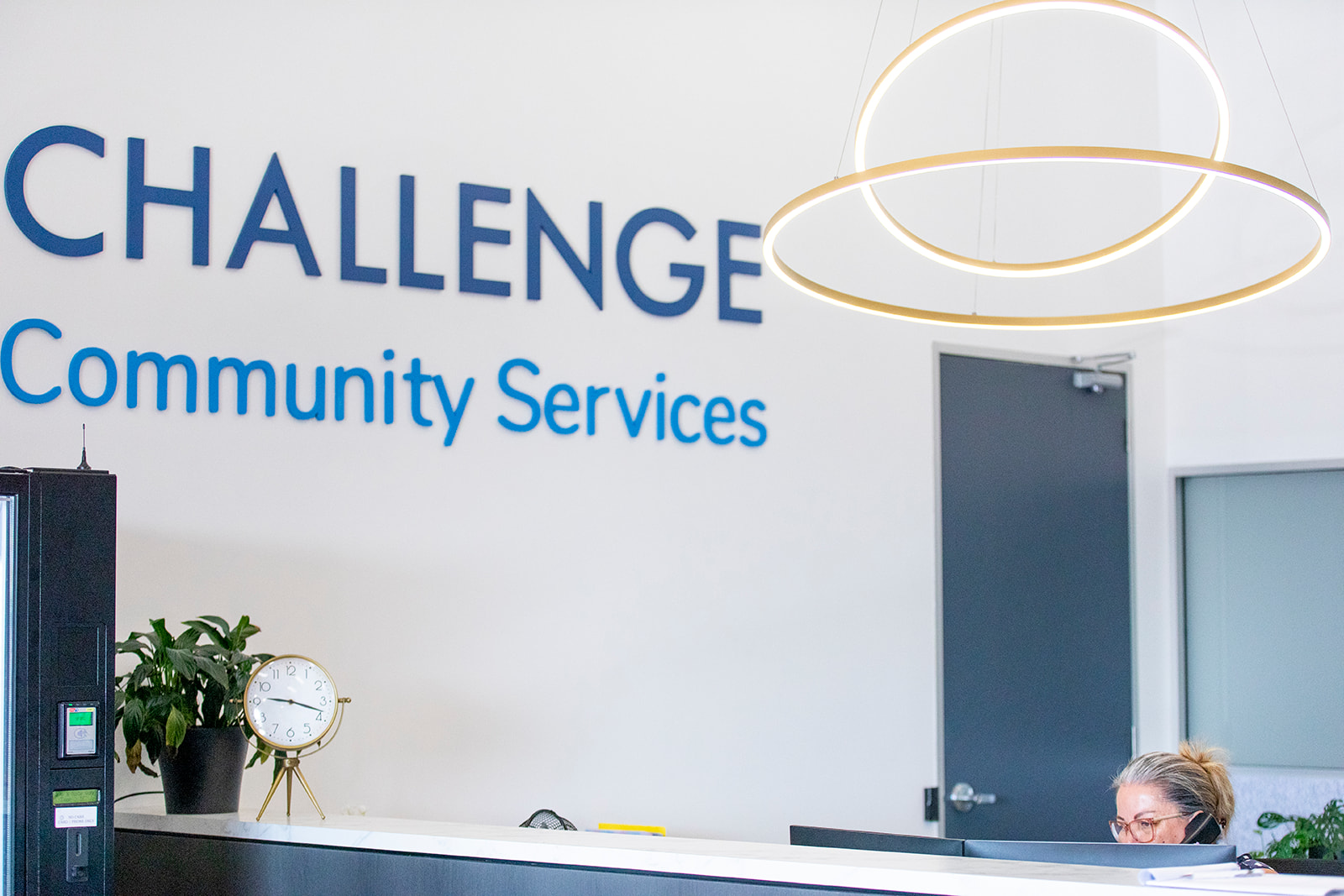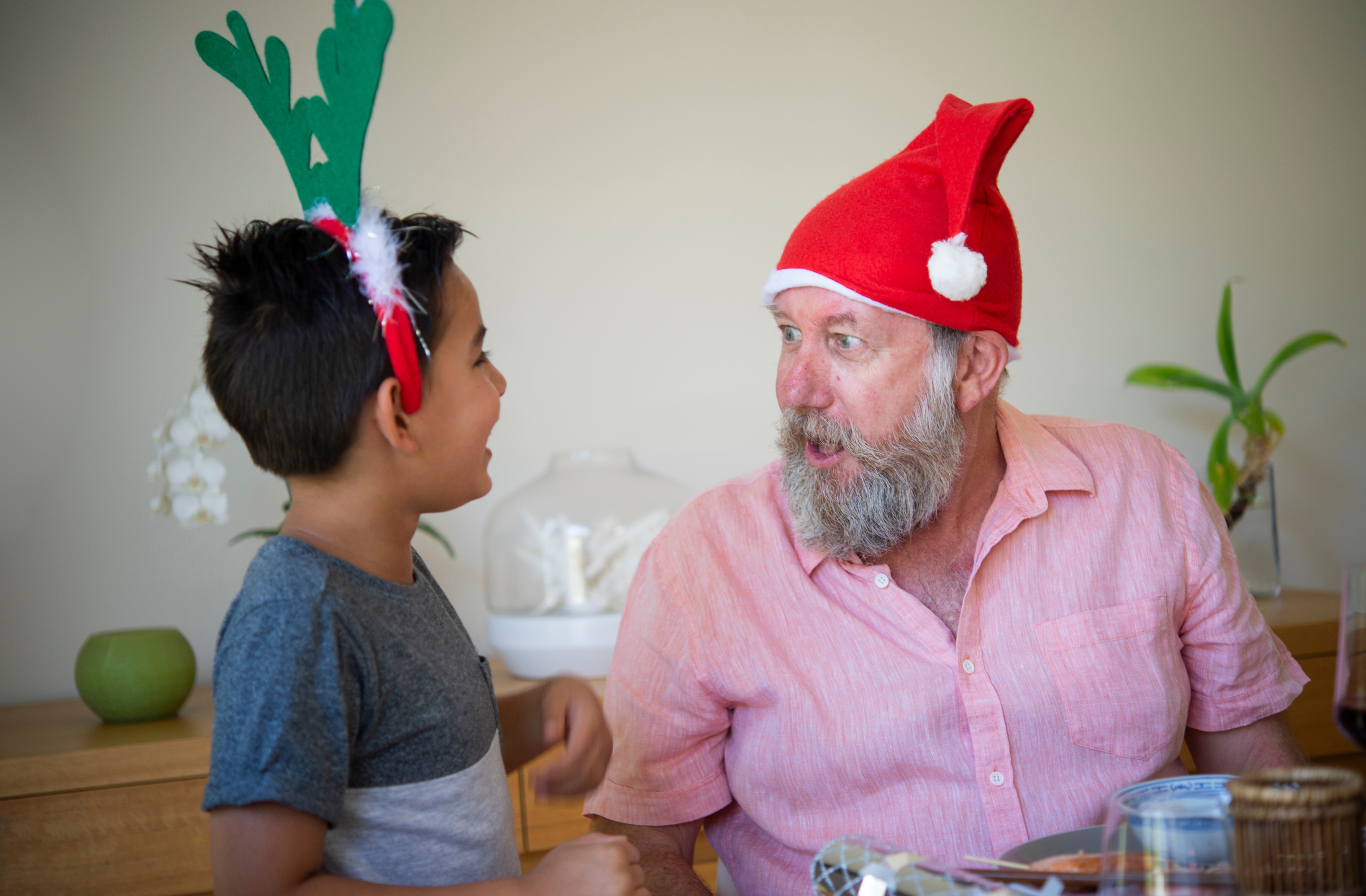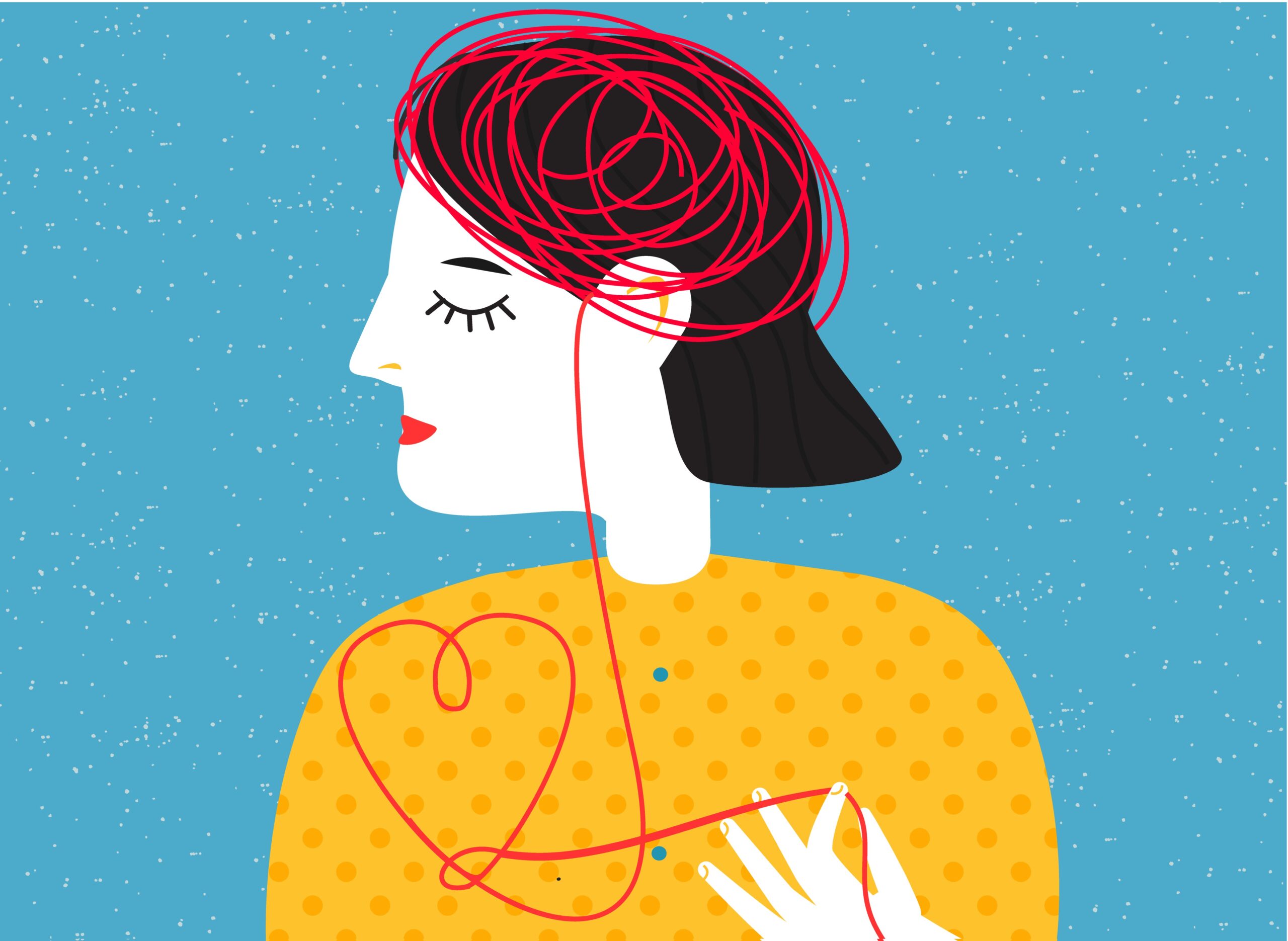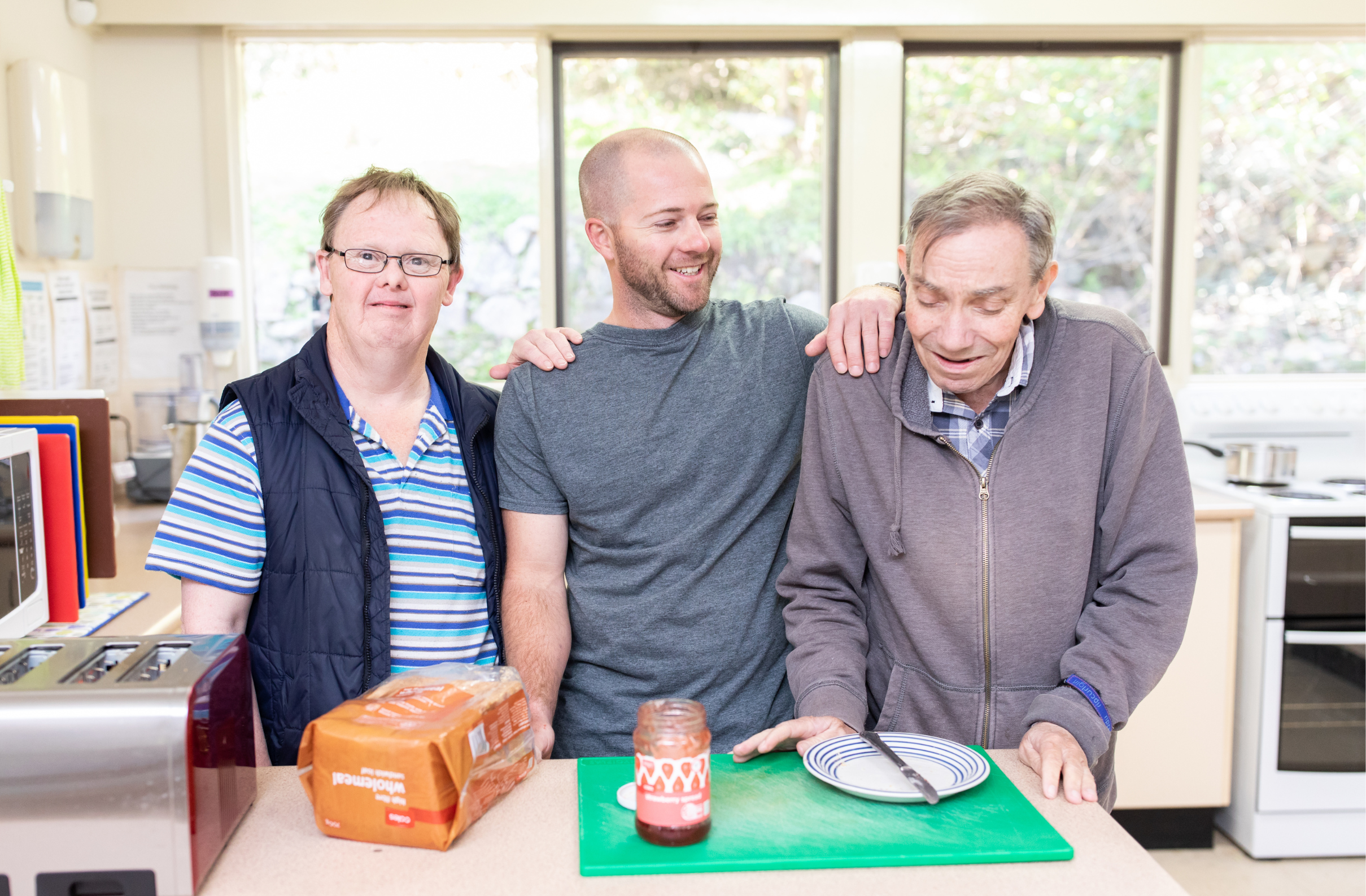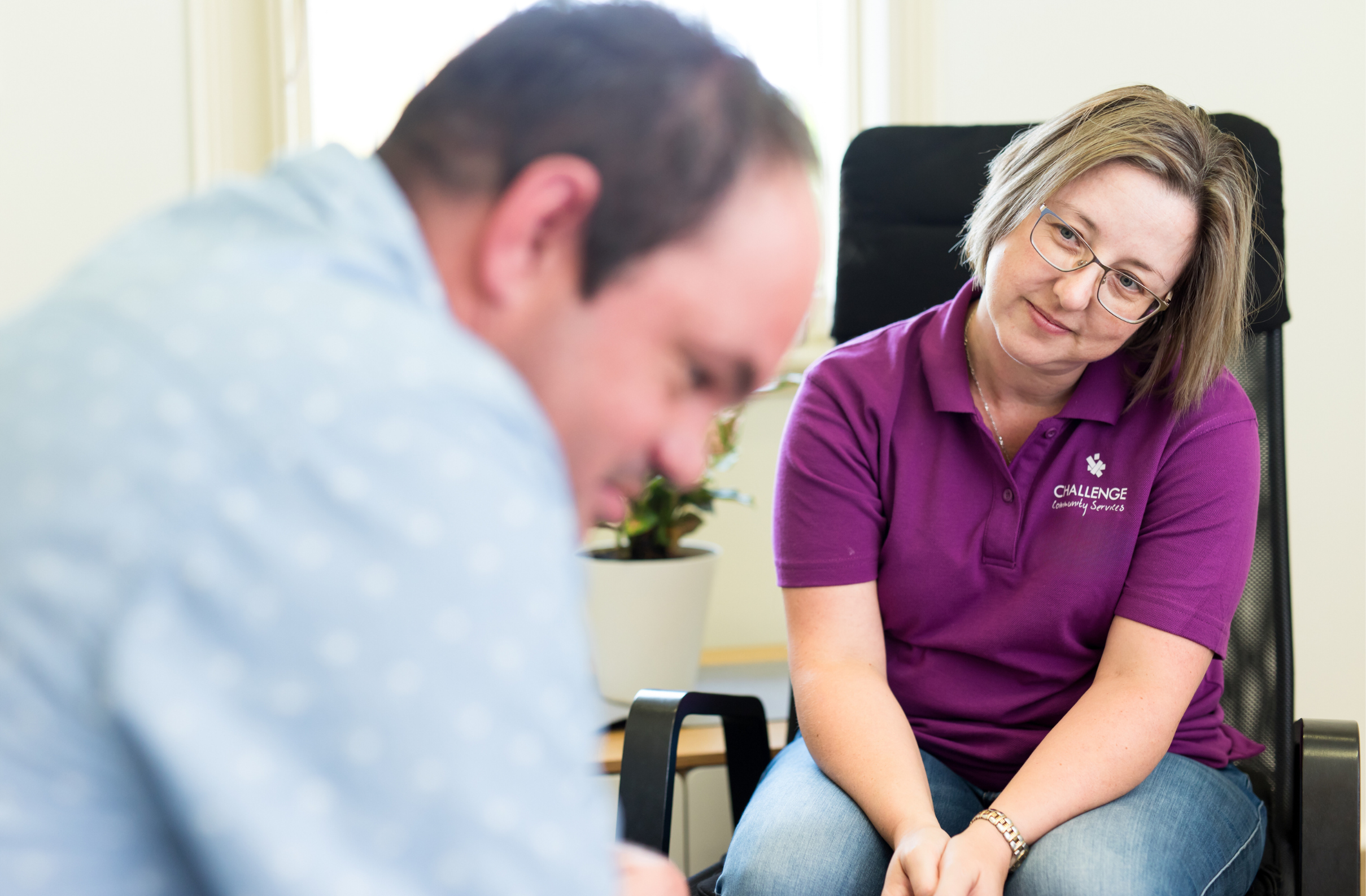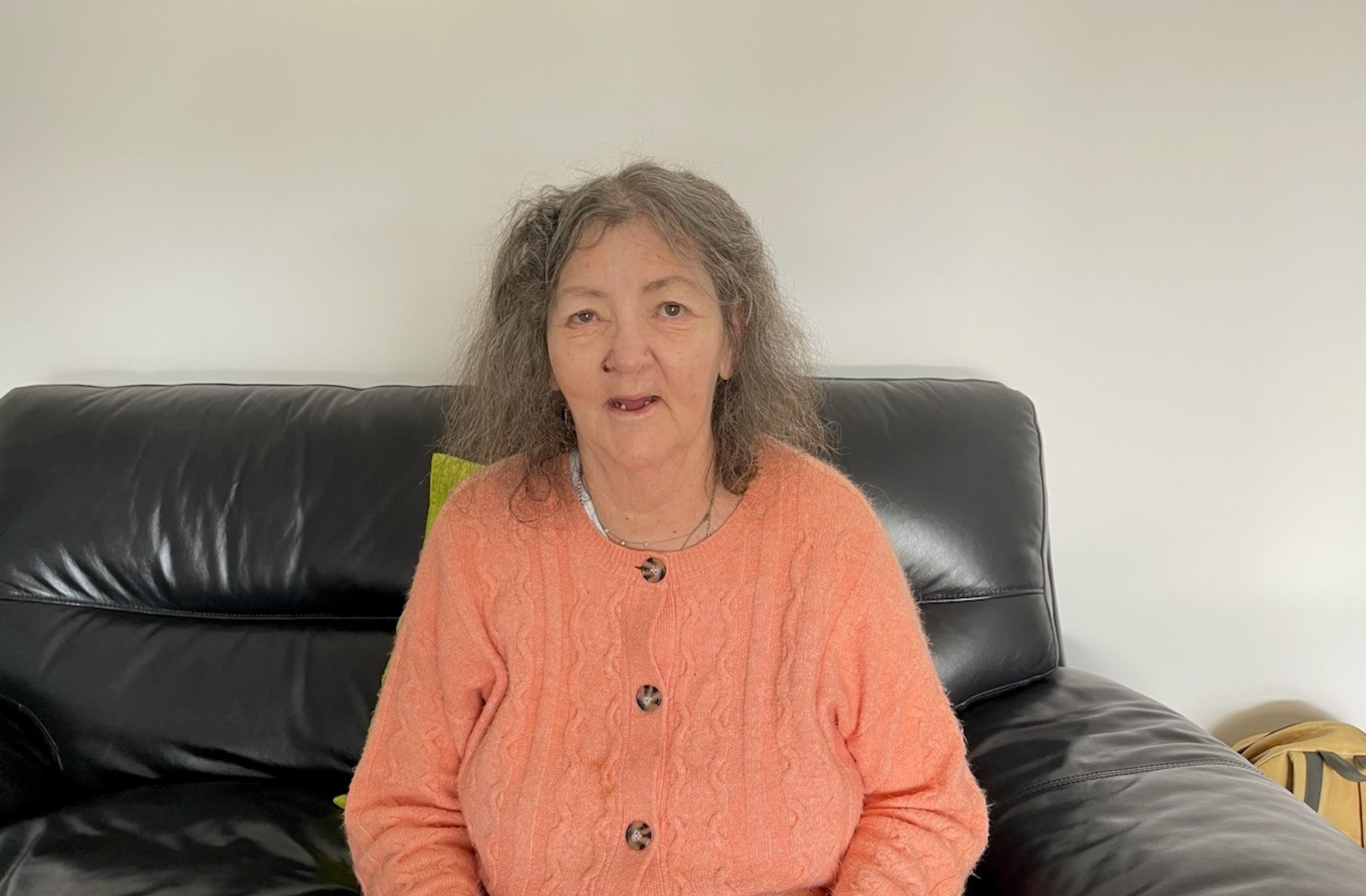If you’ve escaped catching COVID-19 or you live in an area that has not been subjected to lockdowns, you may think of yourself one of the lucky ones. Yet we’ve all been touched by the COVID-19 pandemic.
Now two years on, many people all over the world are experiencing what’s known as ‘pandemic fatigue’. Pandemic fatigue is a state of mental and emotional exhaustion that builds up gradually as a result of heightened awareness and alertness. Regardless of our circumstances, we’ve all be facing the threat of a potentially deadly virus; we’ve all been living with the uncertainty of how the pandemic will develop; we’ve all had our lives, our plans and our dreams tipped upside down in some way.
How to recognise pandemic fatigue
If you’re suffering from pandemic fatigue, you may be feeling less motivated to do even those activities you usually enjoy. You may find you can’t get as much done in a day as you used to. Even if you’re getting enough sleep, you may still feel tired, as though you’re dragging yourself through the day. You may fly off the handle more easily or have a sense of dread or find it difficult to look forward to tomorrow. These are all normal reactions experienced by adults as well as children and young people.
How to combat pandemic fatigue
There is no miracle cure for pandemic fatigue. But there are some simple things you can do for yourself and the children and young people in your care that can make a big difference.
Cut down on the news intake.
It can be tempting to leave the television on with a constant news stream to ensure you don’t miss anything important. This can increase anxiety and make pandemic fatigue worse. Limit your television news intake to 30 minutes a day from a reputable news source. And don’t overdo the internet surfing or social media interactions, particularly if these interactions are negative or unsupportive.
Go at your own pace.
Everybody is getting through this pandemic in their own way, in their own time and in the best way they can. Don’t put too much pressure on yourself or the children in your care. Set realistic goals and try to take breaks from schoolwork and home duties, or other work, when you need to.
Have a routine.
In a world where nothing is certain, a predictable daily routine is a good technique to combat lethargy. It can also help prevent anxiety from spiralling out of control. Be careful not to overschedule yourself or the children in your care and be sure to include an enjoyable activity each day.
Get some exercise and fresh air.
If you’re feeling tired and lethargic it can be difficult to rustle up the energy to exercise. But getting out into the fresh air and taking a walk or a ride on the bike or skateboard can work wonders for mental health. Exercise also promotes better quality sleep.
Seek support.
Remind yourself you don’t have to suffer in silence. If you’re worried about a child or young person in your care, talk to your case worker or seek support through one of the help lines listed at the end of this blog. Sometimes talking to older people in the community who have survived similar hardships can be a source of inspiration and courage.
Listening to the children in your care and trying to understand why they are behaving in a certain way is always important as a foster carer. Be aware that pandemic fatigue and anxiety is affecting people of all ages, especially children. Let them know it’s okay to talk about it or express their emotions (as long as they do this in a non-violent way). If they don’t want to talk, that’s okay too – let them have their space.
Modelling good coping strategies yourself will help the children in your care enormously. Make sure you get the support you need so that you can continue to be strong and help those you care for look forward to the future with hope and resilience.
Are you worried a child in your care might be suffering from increased anxiety or pandemic fatigue? Talk to your Challenge Community Services case worker today or call 1800 084 954.
Find out more about the support Challenge offers to carers.
Where to get help
Coronavirus Mental Wellbeing Support Services: 1800 512 348
Lifeline: 13 11 14 – www.lifeline.org.au
Kids Helpline: 1800 551 800 – www.kidshelpline.com.au



